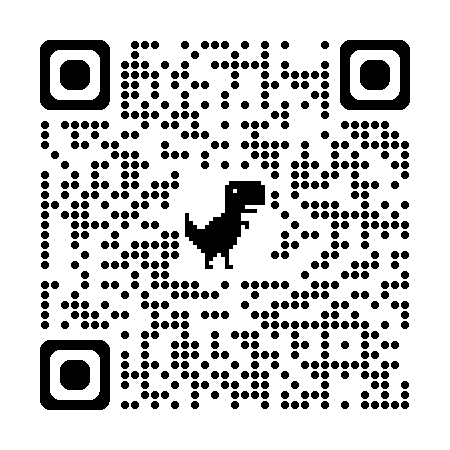Public Perception of Media Messages on Climate Change Issues among Residents of South-South, Nigeria
Keywords:
Climate Change, Media Messages, Public Perception, consumption, NigeriaAbstract
Background: Climate change is a global issue that has raised several concerns among world leaders, individuals and organisations. The media has been disseminating information to create awareness of climate change and how to mitigate its effects.
Objective: This study examined public perception of media messages on climate change issues among residents of South-South Nigeria.
Methodology: The study adopted a survey research design, and residents of South-South, Nigeria, formed the study's population, which is 29,812,989. From the population, a sample of 385 respondents was drawn, and a questionnaire was used as an instrument for data collection. Data generated in the study were analysed using descriptive and inferential statistics.
Results: The study revealed that residents of South-South, Nigeria, perceived that media messages on issues of climate change were inadequate. Another finding was that climate change has devastating effects on residents of South-South, Nigeria. Lastly, the study revealed that residents of South-South Nigeria are taking action to alleviate the effects of climate change on them.
Conclusion: Residents of South-South, Nigeria, perceived that media messages on climate change issues were inadequate and, therefore, ineffective.
Unique Contribution: The study has provided empirical evidence to help design policies on media messages on climate change issues.
Key Recommendations: The media should provide adequate messages on climate change issues in South-South Nigeria.
Downloads
Published
How to Cite
Issue
Section
License
Copyright (c) 2025 Ese Umukoro, Ivwighren, Hannah Emuobosa, Eguono Aghwadoma, Nnanyelugo Okoro

This work is licensed under a Creative Commons Attribution-NonCommercial-ShareAlike 4.0 International License.



